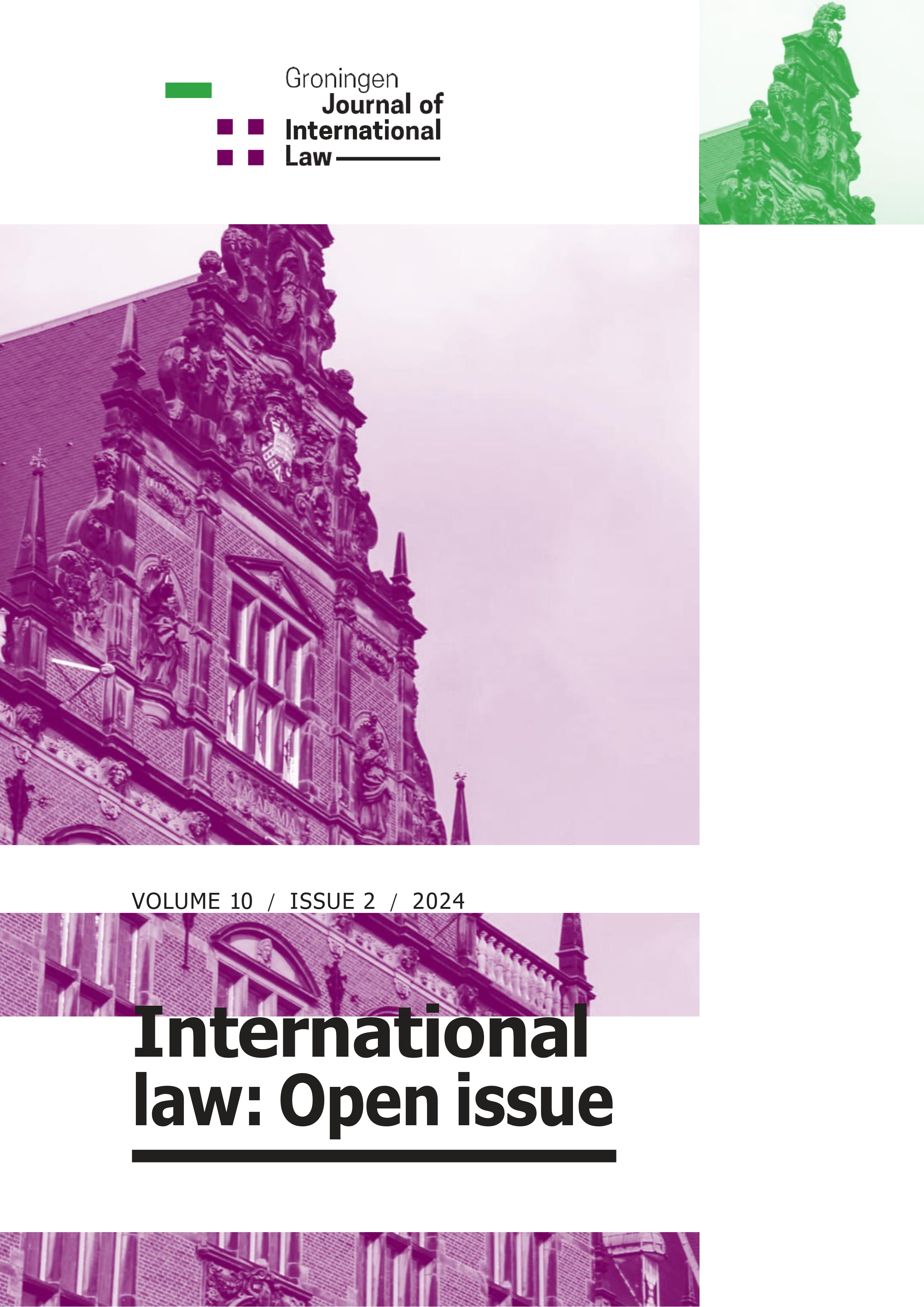Should the European Court of Human Rights Treat the Anonymous and the Absent Witness Equally? The Application of the Same Three-Step Test
DOI:
https://doi.org/10.21827/GroJIL.10.2.31-50Keywords:
ANONYMOUS WITNESS, ABSENT WITNESS, EUROPEAN COURT OF HUMAN RIGHTS, EUROPEAN CONVENTION ON HUMAN RIGHTS, ECHR, ECTHR, AL-KHAWAJA TEST, THREE-STEP TESTAbstract
The ‘right to (cross)-examination’ is regulated in Article 6(3)(d) of the European Convention on Human Rights (ECHR). However, this right is not absolute and can, under circumstances, be limited. This is notably the case when evidence given by anonymous or absent witnesses is presented in court.
In the prominent Al-Khawaja and Tahery judgement, the European Court of Human Rights (ECtHR) listed three principal requirements which was later called the three-step test for the admissibility of testimonies of absent witnesses. Although the situation generated by the admission as evidence of testimonies by absent witnesses and by anonymous witnesses differs, the ECtHR appears to have gradually applied the same test to both types of testimonies to assess whether their admissibility violates the defence rights under Article 6(3)(d) ECHR.
Even though the three-step test is important, the ECtHR has contradictory judgments on the admissibility of evidence by absent and anonymous witnesses. This study will thus analyse and evaluate this judicially-created test by discussing the differences between anonymous and absent witnesses.
Published
Issue
Section
Copyright (c) 2024 Candan Yilmaz

This work is licensed under a Creative Commons Attribution-NonCommercial-NoDerivatives 4.0 International License.
Open Access Creative Commons


